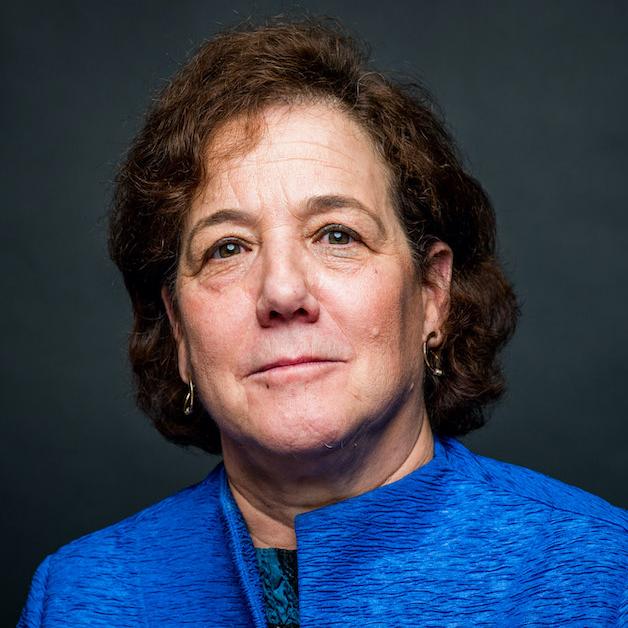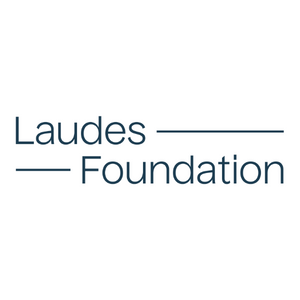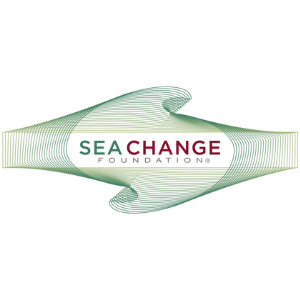More than 600 investors are engaging companies on improving climate change governance, cutting emissions and strengthening climate-related financial disclosures, in order to mitigate financial risk and to maximise long-term value of assets.
The work of the initiative is coordinated by five investor networks: the Asia Investor Group on Climate Change (AIGCC), Ceres, Investor Group on Climate Change (IGCC), Institutional Investors Group on Climate Change (IIGCC) and Principles for Responsible Investment (PRI). It is supported by a global Steering Committee.
Launched in December 2017, Climate Action 100+ garnered immediate worldwide attention. Climate Action 100+ has since become the largest ever global investor engagement initiative on climate change, with growing influence and impact.
Climate Action 100+ was initially launched as a five year initiative (2017-22) but in 2022 announced that it would run to 2030. In 2023, it announced its Phase 2 strategy to run from 2023 to 2030.
For more information about Climate Action 100+, please read the Frequently Asked Questions.
THE STEERING COMMITTEE
Climate Action 100+ is governed by a global Steering Committee comprised of the five investor network CEOs and Directors, and ten investor representatives. The five investor networks appoint two investor representatives each.
In recognition of the global nature of the initiative and the different priorities and conditions for company engagements in each region, the roles of Steering Committee chair and vice chair rotate every twelve months between different regional representatives. The investor representative term length is 3.5 years with one renewal of a further 3.5 years.
Climate Action 100+ will seek to ensure equality, diversity and inclusion are reflected in the composition of the Steering Committee. Where practical, investor representatives will be invited to join taking into consideration their level of engagement in the initiative and endeavouring to maintain a Steering Committee that encompasses a sufficient mix of relevant skills, competence, and diversity of perspectives; including but not limited to geographical diversity of signatory representation and diversity of geographical origin, types of investment institution, ethnicity, language, culture, and gender.



























